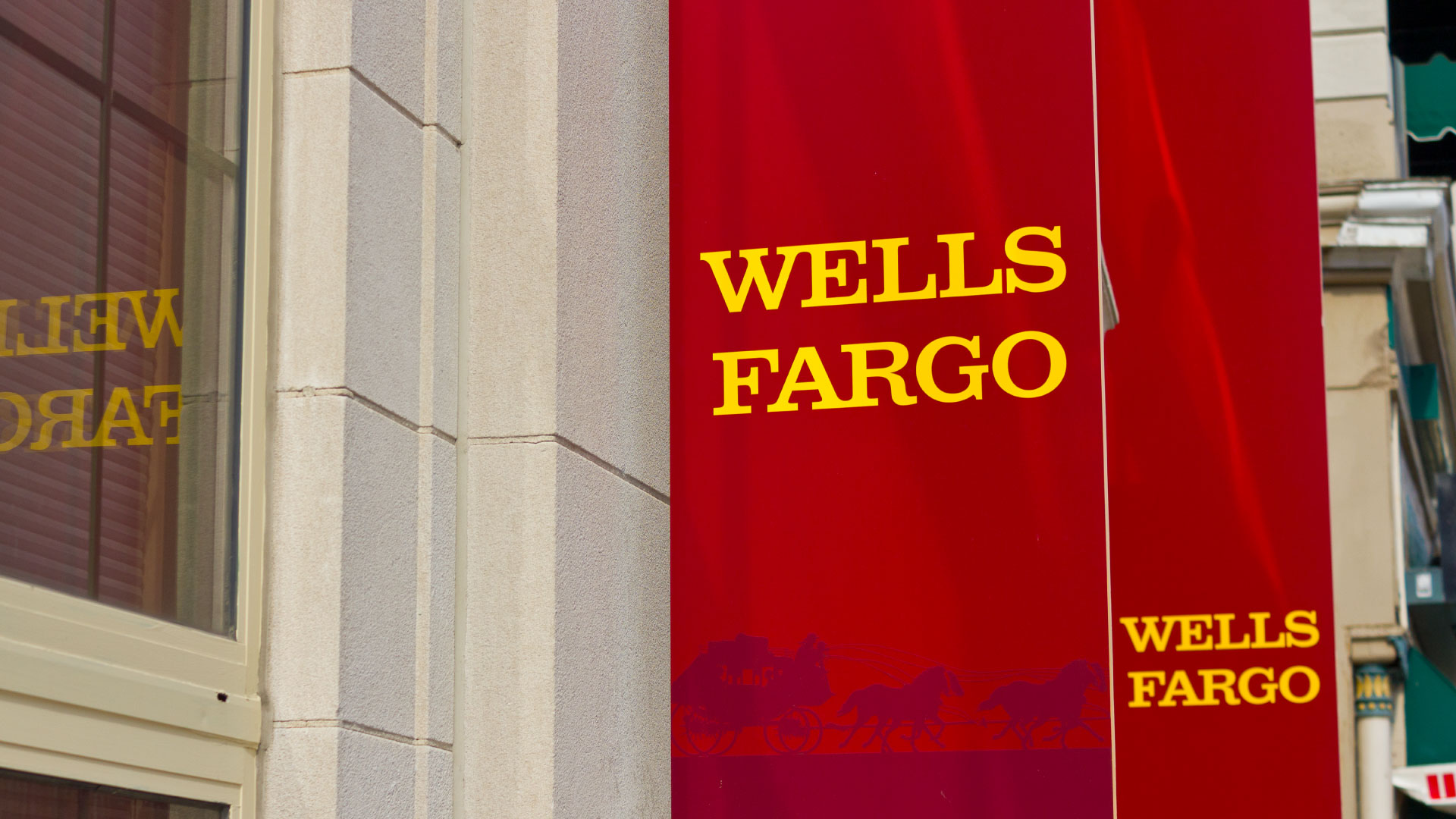
Traders Warned Over Historic Misconduct As Regulators Vow To Target Spoofing
As normal service resumes across London and Wall Street, regulators are still digging for historic evidence of market rigging during the pandemic-induced period of extended volatility, warning that although it may take a little time, misconduct can’t outrun the law.
Even though it has been more than five years since the UK’s Brexit vote, market manipulation carried out during that volatile period is still under investigation. Nikhil Rathi, Chief Executive at the Financial Conduct Authority (FCA), has said to expect a similar level of scrutiny following the market turbulence triggered by the pandemic.
Rathi has warned that the special measures in place during the coronavirus disruption have been lifted, and that the watchdog is now more open to taking firms to court.
“We have often been criticized for acting slowly or with too much risk aversion,” Rathi told an audience of City of London executives at the Lord Mayor’s City Banquet in September. “This is changing. We are applying a bolder risk appetite in dealing with serious misconduct, including, as you will have seen, using criminal powers in the most serious cases involving financial crime or money laundering. We will litigate more if we need to, recognizing we won’t win every aspect of every case but also appreciating that legal certainty can provide considerable benefits for industry as well.”
Disruption to physical supervision as a result of enforced distanced working is no excuse for poor oversight, the regulator has said, stating that voice surveillance has a critical role to play in reducing the kinds of uncertainties that can lead to enforcement in the present environment.
“There is a continuing tension between the need for firms to keep records of all regulated business communications on the one hand, and the desire of people, including firms’ clients, to use private, unrecorded communication methods for reasons of convenience and confidentiality,” said Leonard Ng, Partner at Sidley.
While the regulator insists that the relevant calls are recorded, there is an obligation to monitor the recorded calls too, he added.
“We Will Catch You”
Following the September event, the FCA reiterated that a formal ruling on the conduct of three traders, which occurred before and after Britain’s vote on leaving the European Union, was imminent.
The trio was accused of placing orders they didn’t intend to execute, known as spoofing, in June 2016. Large, false orders for futures were placed, but smaller orders on the other side of the trade were actually carried out, the FCA said.
Continuing patterns of misleading trading behavior, both individually and with each other, were spotted by the regulator. Submitting and canceling orders is not illegal, unless it is a deliberate tactic to dupe other traders or create a false impression of demand. A warning notice comes after an internal investigation but before a formal ruling by the regulator’s decision-making panel. William Charles, Partner at Milbank, remarked: “The FCA has increased its capability to detect and take robust action against the harm to shareholder value caused by market manipulation, and there are growing indications that it will be increasing its enforcement activity against spoofing-related activity in the future.” Charles clarified that there is no applicable limitation period to any offense under existing European market abuse rules.
If the FCA were to bring enforcement action against an individual for a breach of the Statements of Principle (e.g., proper standards of market conduct), this would be subject to a six-year limitation period, which begins to run from the first day on which the FCA knows of the misconduct, or has information from which the misconduct can reasonably be inferred.
“The FCA has expressed concerns about spoofing-related activity for a number of years,” Charles said. “While the FCA has previously taken enforcement action relating to spoofing and has also played a role in assisting cross-border enforcement activity, there are signs that spoofing-related conduct is an area in which the FCA is becoming increasingly active.”
The regulator has taken a lead from its US counterparts in recent years, and has seconded staff to both the U.S. Securities and Exchange Commission (SEC) and the Commodities and Futures Trading Commission (CFTC) to observe and assist with spoofing investigations.
Different Approaches
There are key differences with how regulators in the UK and US approach spoofing, and legal experts believe the FCA is aping the more aggressive CFTC, which has taken a lead recently on punishing this form of market abuse.
In the UK, spoofing is not a specified offense, but the action breaches civil and regulatory provisions in the EU Market Abuse Regulation, which is a criminal offense under the Financial Services Act 2012.
US authorities must prove the intent to cancel the spoof order at the time it was placed. In the UK however, the regulator will instead look at the impact of the spoof order on the market.
The FCA must therefore prove that the order gave a false or misleading impression in the market. This is considered a key facet of an effects-based regime. Should the matter eventually proceed to criminal court, a prosecutor must also prove some amount of intent was present.
The last decade of spoofing cases brought by the SEC has seen firms handed monetary punishments ranging from US$250,000 to $35 million, with an average of approximately $4.46 million and a median of $876,842. In the cases brought against individuals, sanctions ranged from $75,000 to $17.1 million, with an average of approximately $2.14 million per individual and a median of $417,608.
The U.S. Department of Justice (DOJ) has also upped the number of prosecutions for spoofing violations in recent years. Since 2019, five organizations have entered into deferred prosecution agreements with the DOJ, with monetary sanctions ranging from $1 million to $920.2 million.
“The uptick in spoofing enforcement activity in relation to derivatives, coupled with new case law that facilitates government enforcement, suggests that the DOJ and CFTC will continue to robustly pursue criminal and civil enforcement efforts going forward,” said James Cavoli, Partner at Milbank.
Spoofing Surveillance
Financial services firms are increasingly leaning on machine learning technology to help with the increased demand for voice surveillance. Traditionally, alerts triggered on violations of specific rules could be built-in with simple yes or no commands, especially on cross trading. As spoofing can be vague and dependent on different factors, and involve thousands of contracts in a matter of seconds, or even milliseconds, new tools are required to help stamp out this form of misconduct.
Self-learning algorithms are a significant leap from the previous generation of compliance tools that merely followed instructions, and become more accurate over time as they are fed more data. Knowing what the regulator is looking for is key to training the system to uncover instances of potential spoofing, and to take action before the issue develops into a regulatory breach.
“In response to new regulatory guidance and an evolving regulatory expectation, many firms are finding that legacy surveillance or market abuse controls are no longer meeting the standards expected,” said Tom Goodman, Surveillance & Market Abuse Advisory Lead at EY UK Capital Markets.







